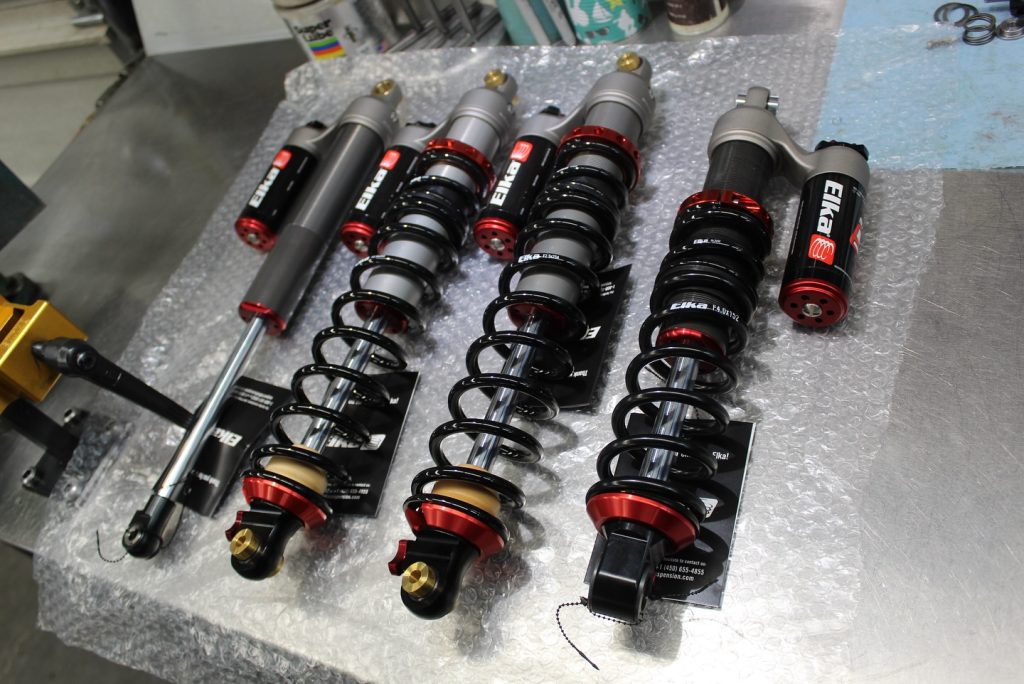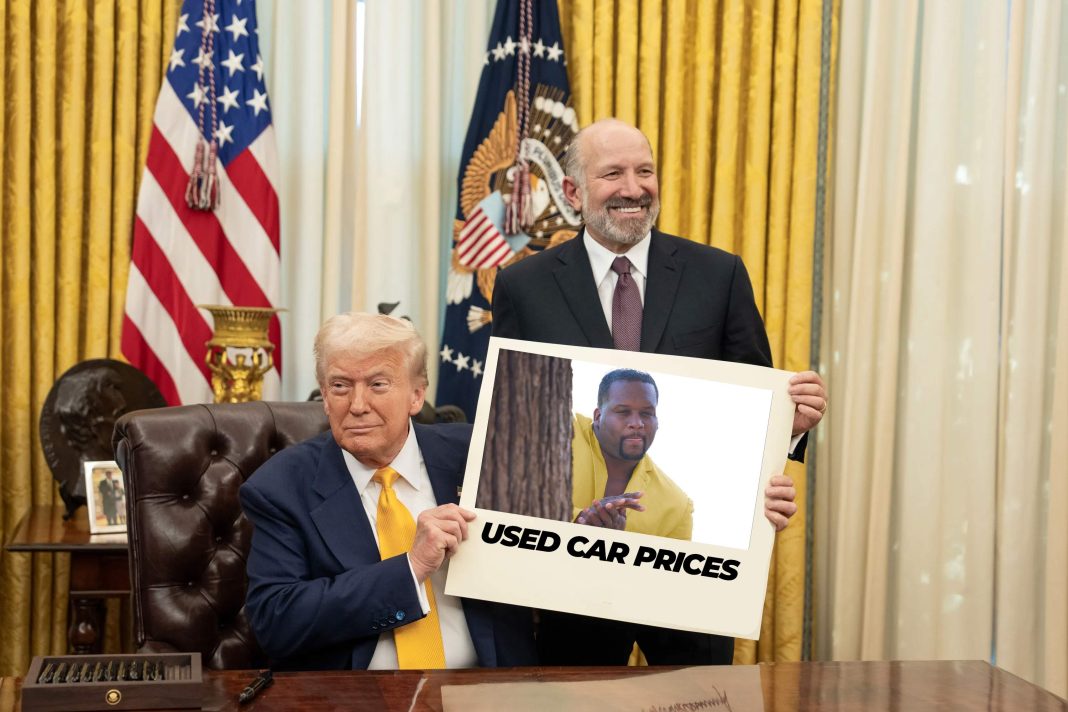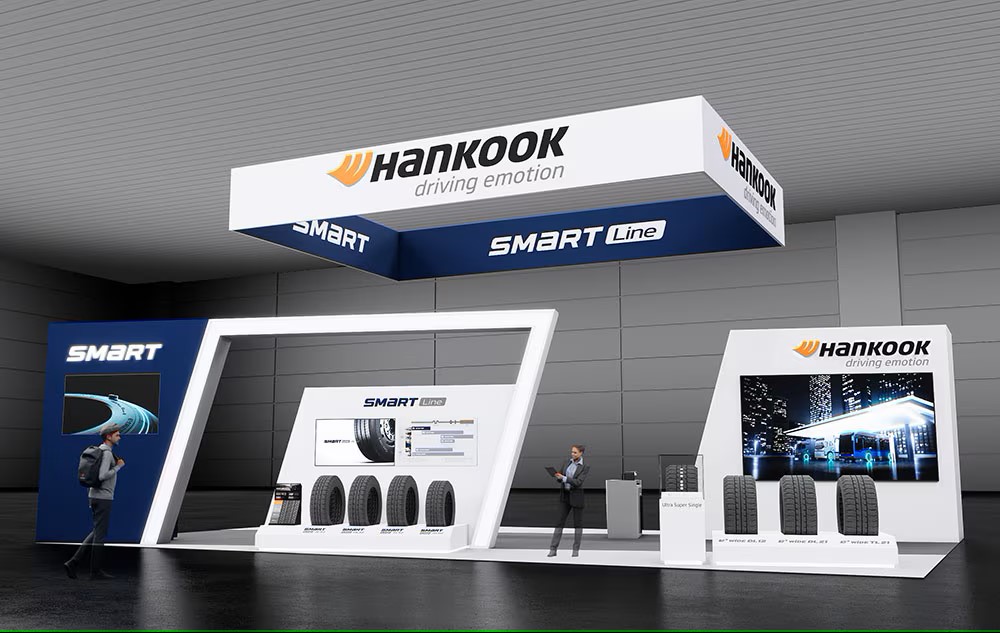Today, President Donald Trump signed an executive order imposing a 25% tariff on all imported automobiles and auto parts, effective April 2, 2025. This decisive action aims to revitalize the American automotive industry by encouraging domestic manufacturing and reducing reliance on foreign-made vehicles and components.
The tariffs will apply to both completed vehicles and essential auto parts, including engines and electrical components. Vehicles compliant with the United States-Mexico-Canada Agreement (USMCA) will have tariffs applied based on their foreign-made parts. Revenue generated from these tariffs is projected to total approximately $100 billion annually, which will be allocated towards significant tax cuts to further stimulate the U.S. economy.
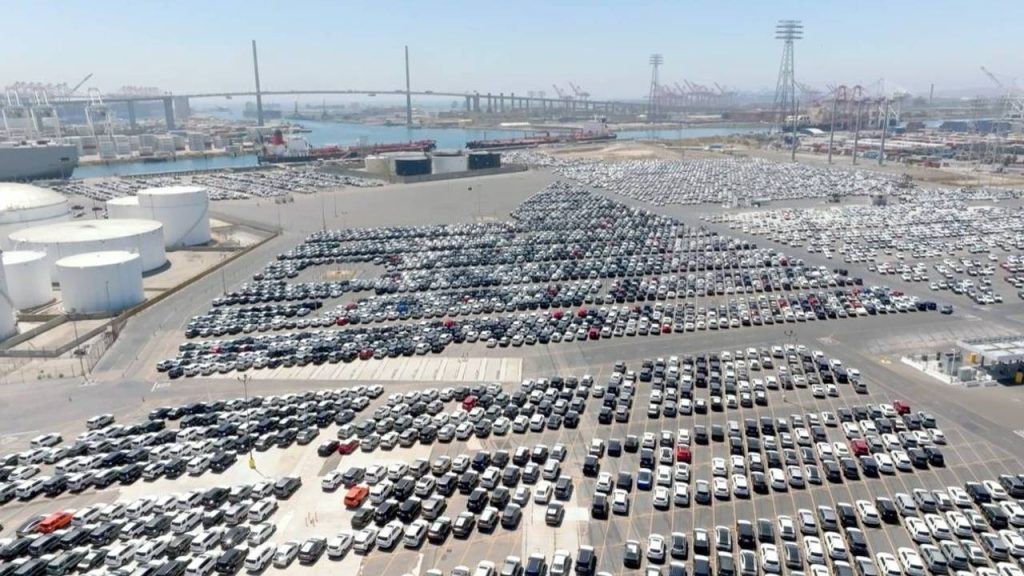
President Trump emphasized that this measure is a strategic move to bolster domestic manufacturing, create jobs, and enhance national security by reducing dependence on foreign automotive products. He stated, “By implementing these tariffs, we are putting America first, protecting American workers, and ensuring that the vehicles on our roads are made with American ingenuity and labor.”
The announcement has elicited mixed reactions. Canadian Prime Minister Mark Carney criticized the tariffs as detrimental to Canadian workers and industries, indicating plans for retaliatory measures. Similarly, European leaders have expressed concerns over potential disruptions to international trade relationships. Automakers have voiced apprehensions about increased production costs and potential supply chain challenges resulting from the tariffs.
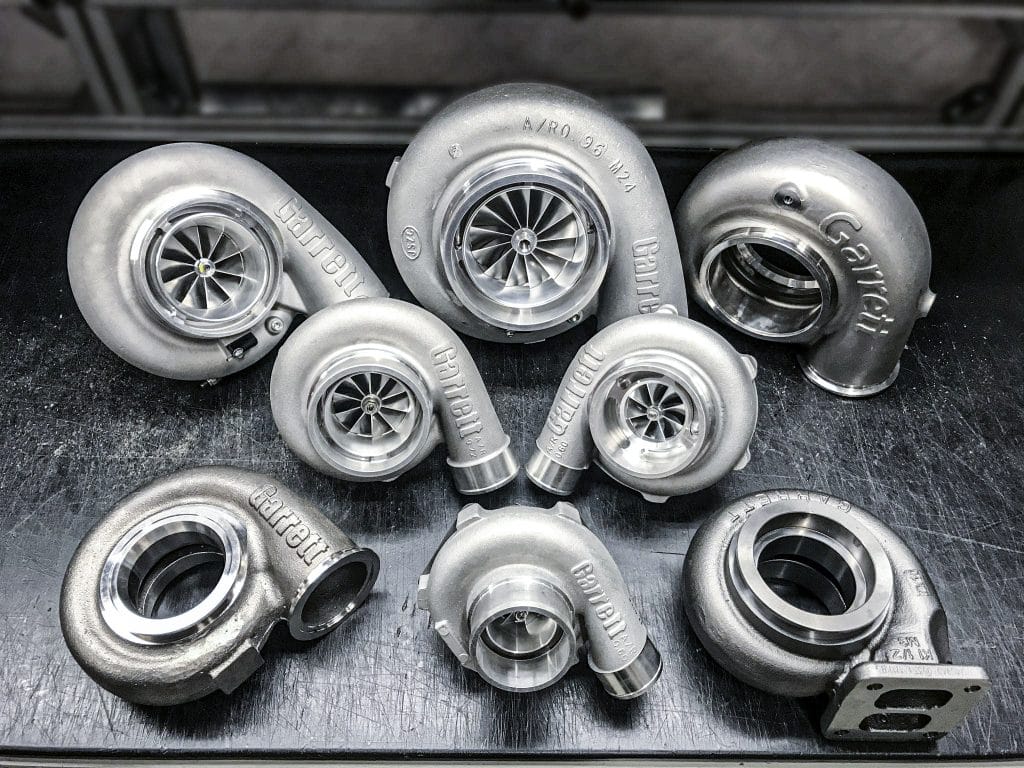
In response to these concerns, the White House has granted a one-month exemption for vehicles compliant with USMCA standards, delaying the implementation of tariffs on these imports until May 2, 2025. This temporary exemption aims to provide manufacturers with additional time to adjust their supply chains and production strategies in light of the new tariff structure.
This tariff initiative is part of a broader strategy to address trade imbalances and promote fair trade practices. The administration remains committed to negotiating with international partners to establish equitable trade agreements that benefit American industries and workers.
